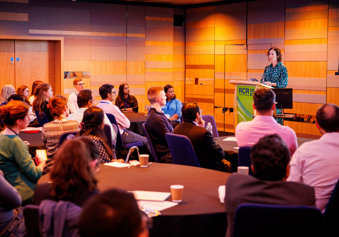RCR events
Events & webinars
See all our upcoming events and how to register.
Find out more about CPD and events
Discover all the events and CPD opportunities offered by the college.
CPD and events

Member benefits
Discover all the events and CPD opportunities offered by the college.
